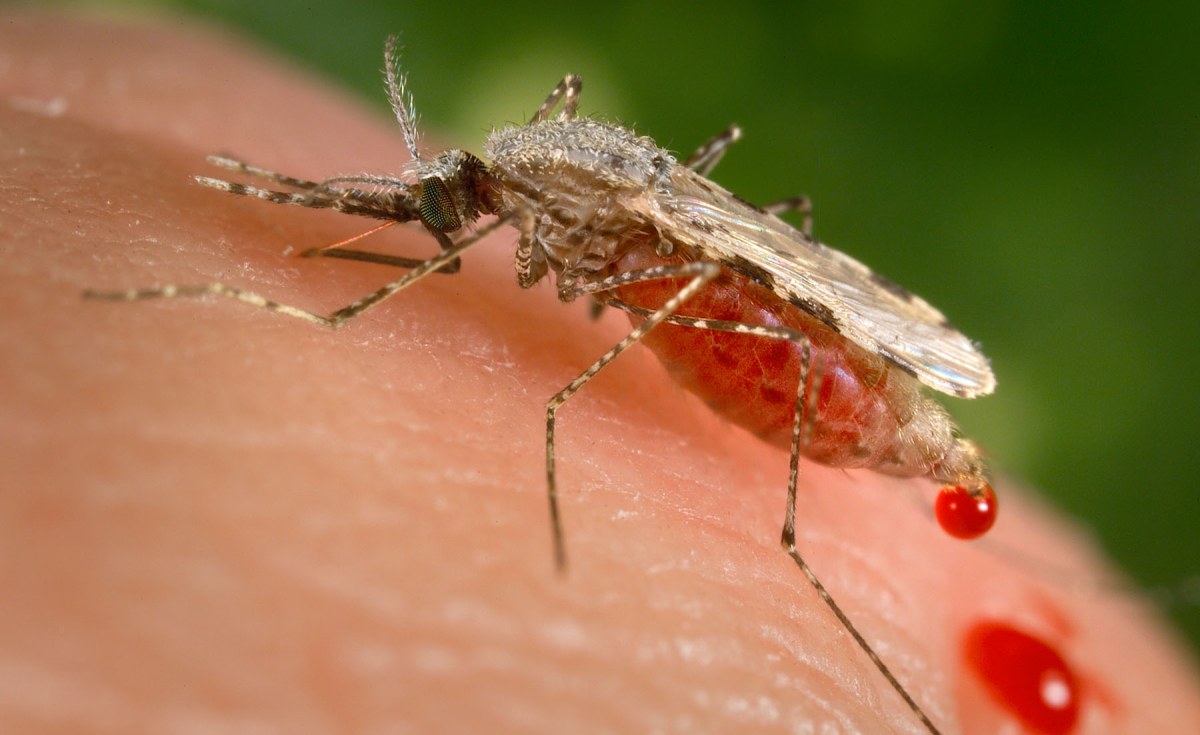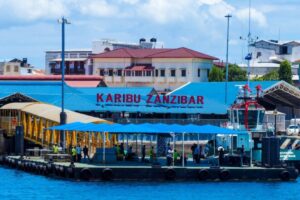Djibouti is feeling a new buzz – mosquitoes fighting other mosquitoes – in their fight against malaria
The city introduced a strain of non-biting male Anopheles stephensi mosquitoes to combat vector-borne diseases like malaria. Scientists used self-limiting genes that had previously worked with Aedes aegypti (the Zika virus, dengue, and other vectors), creating genetically modified (GMO) mosquitoes.
According to Oxitec, a biotech company, its Friendly™ female mosquitoes are genetically modified so that the female offspring cannot live, which ensures that only male mosquitoes are produced for release. The GMO male mosquitoes are released into the population where they mate with wild females thus gradually suppressing the target mosquito population.
The groundbreaking Djibouti Friendly™ Mosquito Program was launched through a collaboration between Djibouti’s National Malaria Control Programme, Association Mutualis, and Oxitec.
The first trial of the non-biting male mosquitoes was carried out in Ambouli, a community within Djibouti City, after being reviewed and approved by regulatory authorities from the government of Djibouti, and initiated with the importation of Friendly™ mosquitoes into Djibouti in December 2023.
Oxitec reports that this test release was done after two years of research on Anopheles stephensi occurrence, population sizes, and habits within various towns and neighborhoods, and involved engagement with communities and stakeholders. While designing and conducting field studies, health officers, local leaders, and regional experts, actively participated during workshops and public meetings.
“Our government’s objective is to urgently reverse malaria transmission in Djibouti which has spiked over the last decade,” said Colonel Dr Abdoulilah Ahmed Abdi, Health Advisor to the President of Djibouti.
“Today’s launch is a significant national milestone, but what’s even more exciting is the potential the solution has for the region and the entire African continent. We hope our pilot release of Oxitec’s innovative Friendly™ mosquitoes will serve as a blueprint for other nations facing similar challenges with the spread of malaria.”
Djibouti almost wiped out malaria in 2012, with only 27 cases reported. However, in the following years, there was a dramatic rise in cases that hit 73,000 by 2020. This latest technology gives hope to the race against malaria worldwide – a disease that results in about 600,000 deaths annually with sub-Saharan Africa bearing the brunt of the burden.
Source: allafrica.com














